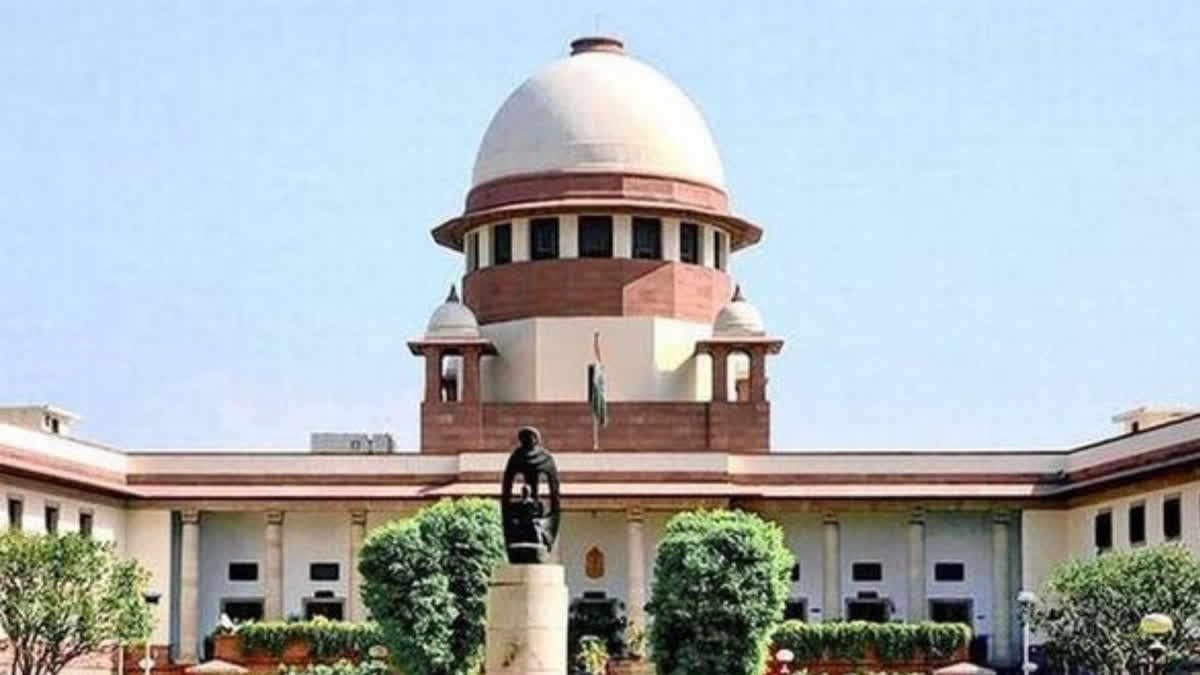New Delhi : The Supreme Court Monday held that Article 370 is a temporary provision and Article 370 was an interim arrangement due to war conditions in the state. The apex court said the order to scrap J&K special status constitutionally valid.
On September 5, the Supreme Court had reserved its judgment on a batch of pleas challenging the abrogation of Article 370, which bestowed the special status on the erstwhile state of Jammu and Kashmir.
A five-judge bench headed by Chief Justice of India D Y Chandrachud and comprising justices S K Kaul, Sanjiv Khanna, B R Gavai, and Surya Kant, heard the submissions in the matter for 16 days.
CJI, reading out that majority judgment by him, justice Gavai, and justice Kant, said the state of Jammu and Kashmir does not have internal sovereignty different from other states. The CJI said whether Jammu and Kashmir retained an element of sovereignty or internal sovereignty when it joined the Union of India, “we have held no”.
CJI said that the President had the power to abrogate Article 370 and a recommendation of the constituent assembly prior to abrogation of Article370 was not required. The apex court said the President was not required to obtain concurrence of the state assembly, and the president could have applied all provisions of the Constitution to J&K with the concurrence of the Centre.
The CJI said that the power of abrogation under Article 370 is for integration of J&K and the court cannot sit in appeal over the decision of the president on whether the special circumstances under Article 370 exist. The CJI directed the Election Commission of India (ECI) to take steps to conduct elections to the J&K assembly and restoration of statehood shall take place as soon as possible. Four judges on the bench held that Article 370 was temporary. Justice Kaul said that his conclusions were almost the same as that of the CJI.
Read More
- SC upholds bifurcation of J&K; unanimous judgements on Article 370
- SC refuses to postpone Article 370 hearing, declines Delhi govt request to take up ordinance case on priority
- Mehbooba Mufti 'put under house arrest' ahead of SC's verdict on Article 370
- "Those opposing abrogation of Article 370 ignorant of history": Ghulam Nabi Azad
- Situation in Kashmir worsened after abrogation of Article 370: Omar Abdullah



